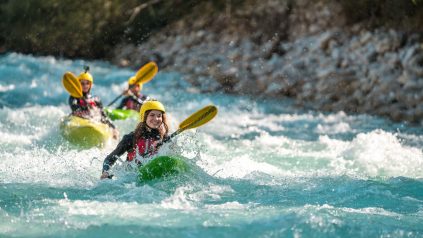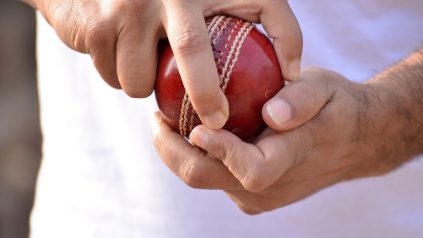The 8 best apps for personal trainers

Here are the best apps for personal trainers on the market, whether you want to track client progress or reduce admin time.

Here are the best apps for personal trainers on the market, whether you want to track client progress or reduce admin time.

Having the right personal training forms in place can help protect both you and your client. Read our blog for 6 essential personal training forms and how they work.

Whether watersports are just a hobby or you’re a seasoned pro, choosing the right helmet is crucial. Check out our list of the best helmets for watersports.

Ever wondered ‘how much should a personal trainer cost?’ You’re not alone. If you’re a PT yourself, you’ll need to consider a few things when working out your pricing.

Cheerleading is a very active sport and requires solid athleticism, so preparation is key. Check out our round up of the best cheerleading stretches.

If you wanted to know how to become a yoga instructor, read our guide to find out all you need to know to start your career as a yoga teacher.

If you’re having trouble understanding the many cricket slang terms you hear during a match, read our list of cricket phrases to bring you up to date.

If you love Pilates and would like to begin teaching, we’ve put together a guide on how to become a Pilates instructor covering everything you need to know.

Rock climbing is great fun, but to make the most of the sport, you need to be prepared. Here are our 13 most important rock climbing tips for beginners.